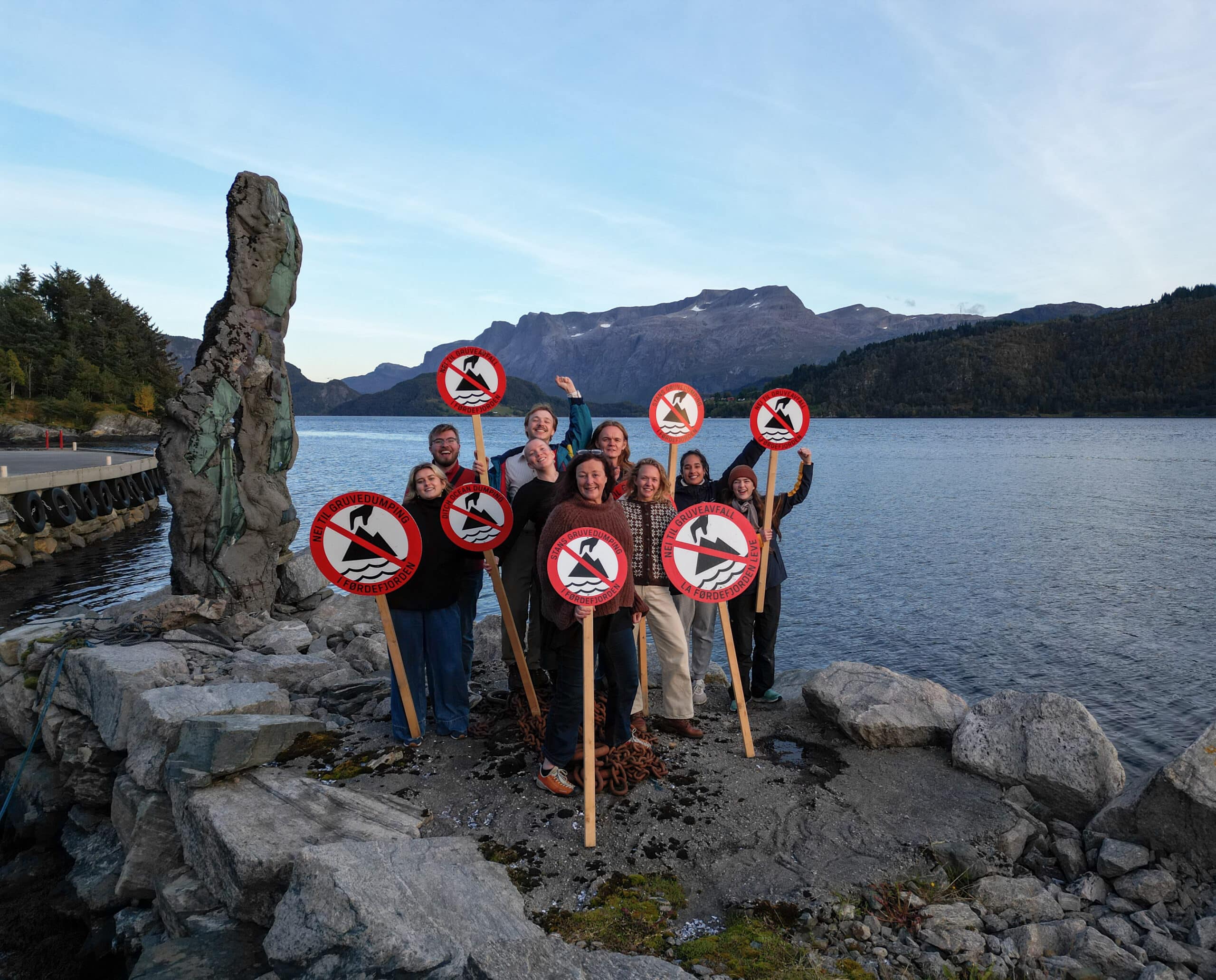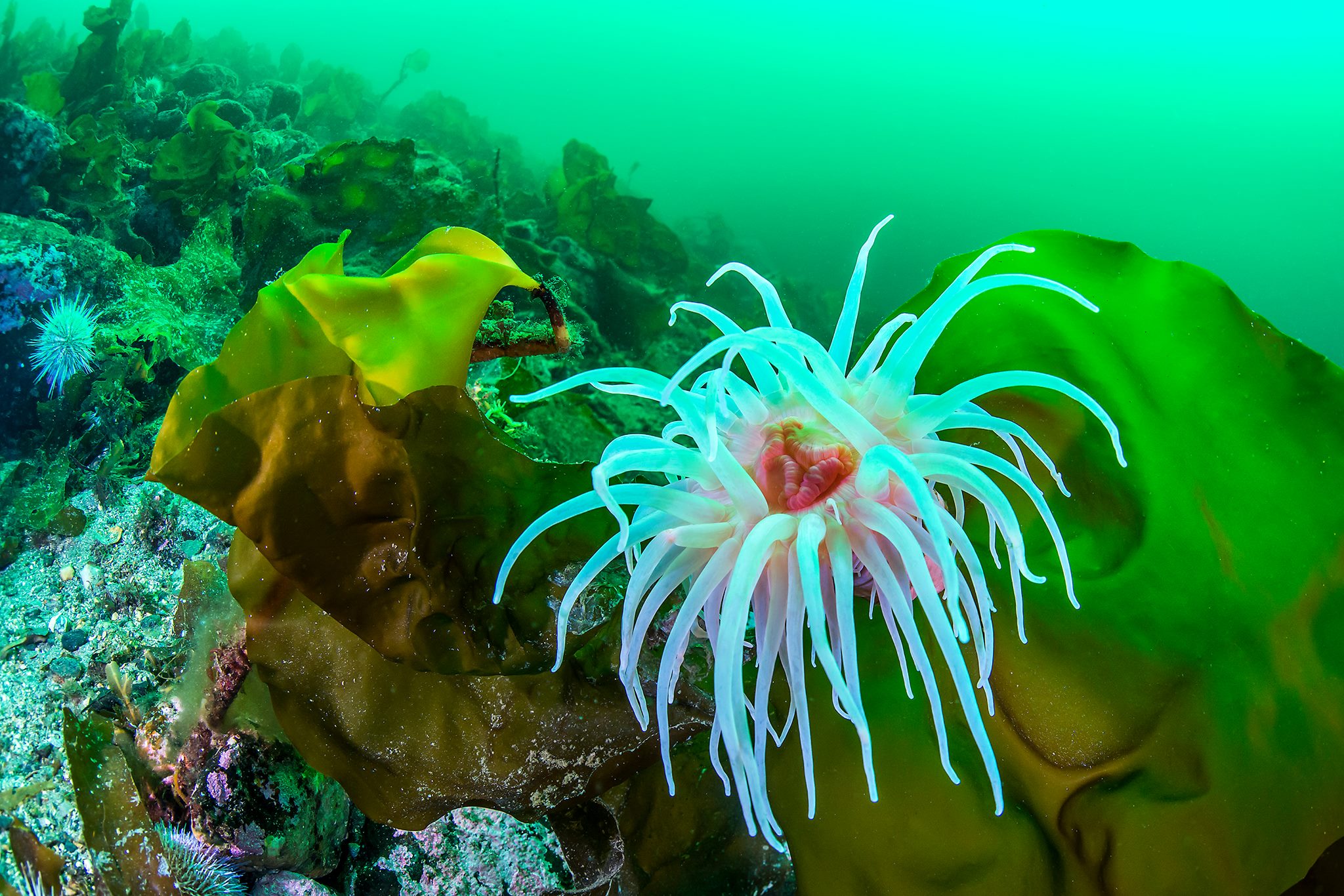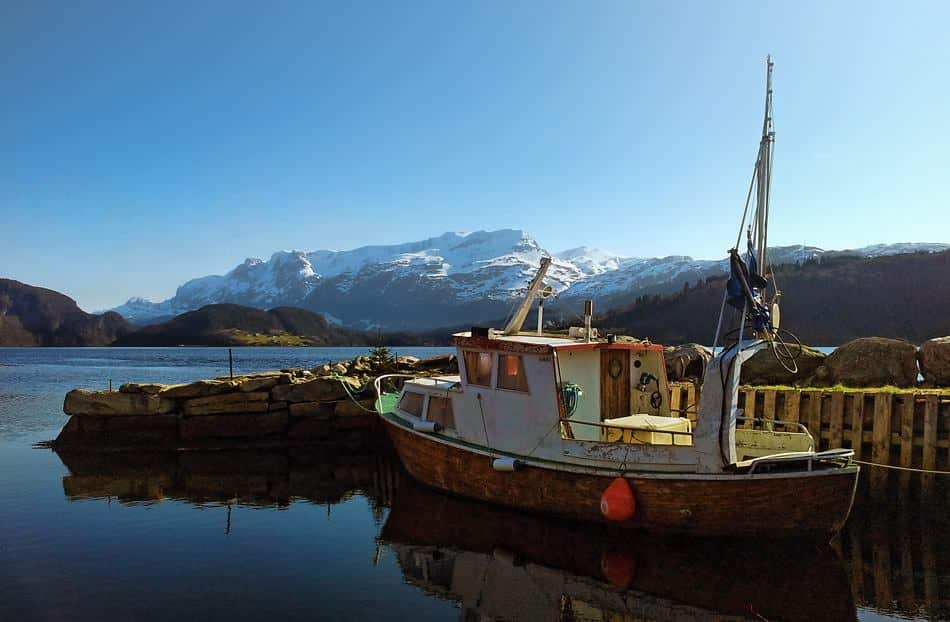Historic lawsuit to save the Førdefjord
A lawsuit to stop dumping of enormous amounts of mining waste in the pristine Førdefjorden in south-western Norway starts in Oslo district court.
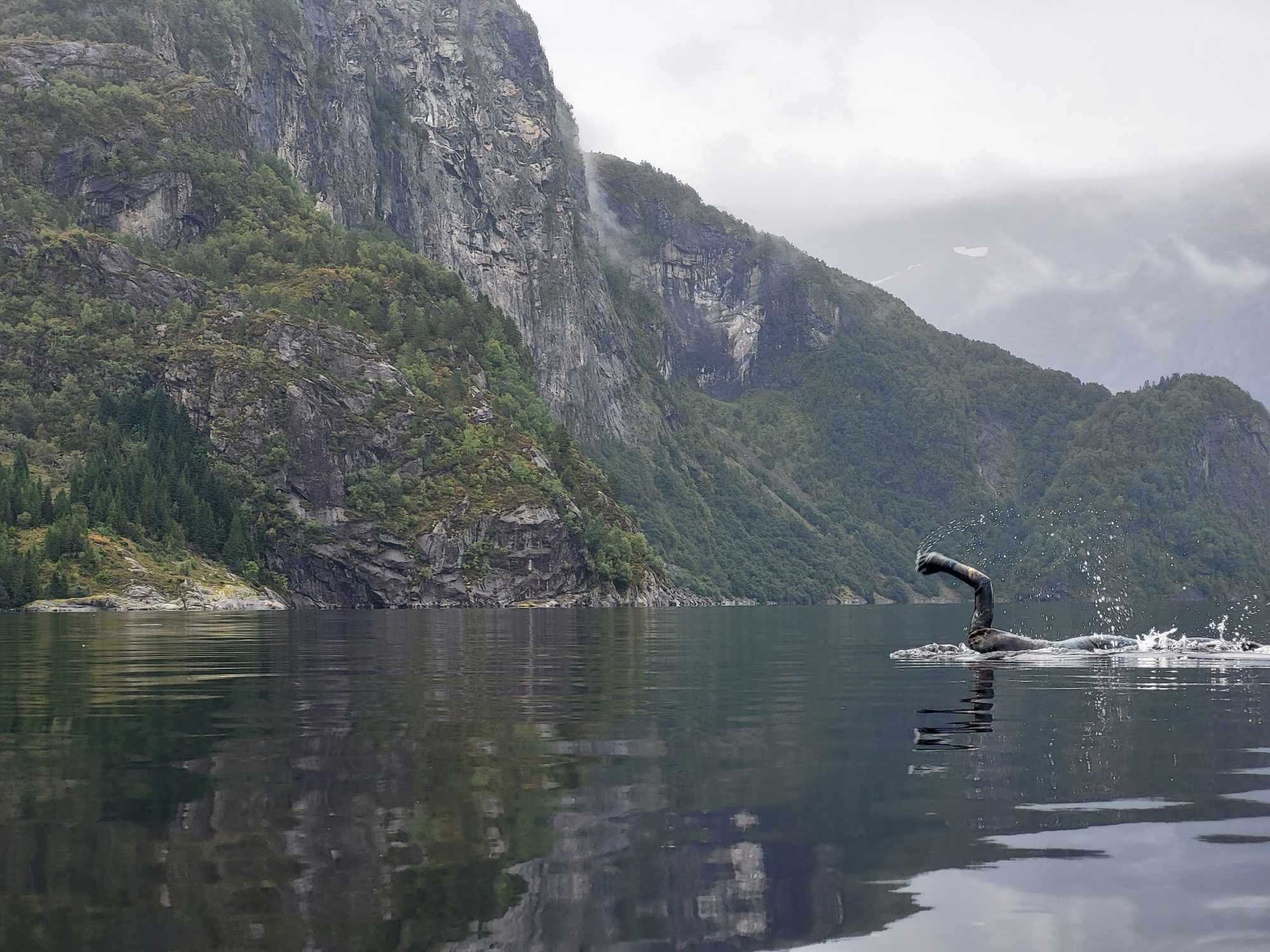
Naturvernforbundet (Friends of the Earth/FoE Norway) and Natur og Ungdom (Young FoE Norway) are suing the Norwegian state over the permit granted to Nordic Mining for the project. Ten days have been set aside for the lawsuit, ending on October 4th.
– Over many years, we have complained about decisions, held demonstrations and done direct action to try to stop this incredibly destructive project. This lawsuit is the only opportunity left to save the fjord, and we are confident of a resounding victory for nature and the local community, says Gina Gylver, leader of Young FoE Norway/Natur og Ungdom.
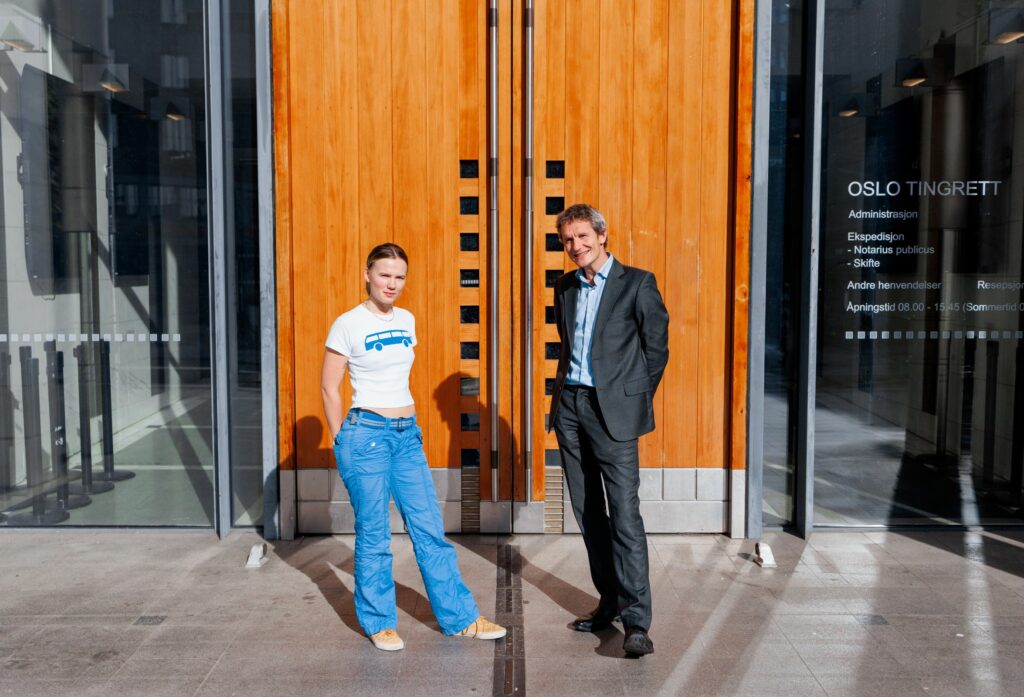
The fight for Førdefjorden is one of Norway’s longest lasting environmental conflicts. Plans to establish a mining waste dump in the fjord has been around since the 1990s. The state-owned Institute of Marine Research has opposed the project all the way, stating that the plans do not constitute sustainable use of the fjord. Still, the Norwegian authorities has granted permission to the mining company Nordic Mining to extract rutile and granate from an open pit mine in the mountain Engebøfjellet, with a waste dump limited to 170 million tons of mining waste in the fjord.
– Such an enormous amount of toxic mining waste will eradicate all life in the deposit area. The waste can also spread to large parts of the fjord outside the dump, affecting fish and other animals. Førdefjorden has provided food to people for thousands of years. We cannot treat our richest and most pristine natural areas like a trash can, Gylver says.
FoE Norway will argue that the permits are void, based on an incorrect interpretation of EEA environmental regulations. They will also show that there are better alternatives for mining, without marine waste dumps, that should have been considered. They will also present evidence that emissions will be higher than expected in the permits.
– Nordic Mining’s project is outdated, and the granting of permits by the state has not happened according to law. Only two countries, Norway and Papua New Guinea, still allow new marine mining waste dumps. It’s time to stop treating nature like a waste dump, says Truls Gulowsen, leader of FoE Norway.
Richer than previously thought
The waste residue will contain large amounts of finely ground stone, environmental toxins, microplastics and toxic chemicals like the flotation agent SIBX. Next to the planned waste dump is one of Western Norway’s richest breeding areas for cod. The seabed in the planned dumping area received the highest score for biodiversity in a new report from the Institute for Marine Research. Corals, as well as threatened species like the blue ling, are found in and close to the planned waste dump. The biodiversity is greater than previously thought, including the species found in the sediments at the bottom of the fjord.
– This can be the most important environmental lawsuit in Norwegian history. If we win, it will mark the end of the era where authorities could knowingly permit pollution destroying Norwegian fjords and marine areas, Gulowsen says.
The main reasons why FoE Norway and Young FoE Norway are suing the state are that:
- The mining company has received all important permits; there are no more administrative appeal options.
- The mining company has not sufficiently investigated how the project can be designed in a way that provides maximum waste minimization and avoids the need for submarine tailings disposal.
- The European Free Trade Association (EFTA) Surveillance Authority has identified several shortcomings in the Norwegian implementation of the EU Mining Waste Directive.
- There are several indications that the submarine tailings disposal is unnecessary and thus illegal according to the Norwegian Pollution Act.
- Sufficient legal protection for nature depends on the courts hearing cases on questionable administrative decisions that have an impact on the environment.
This article was sent out as a press release Monday 18th of September.

